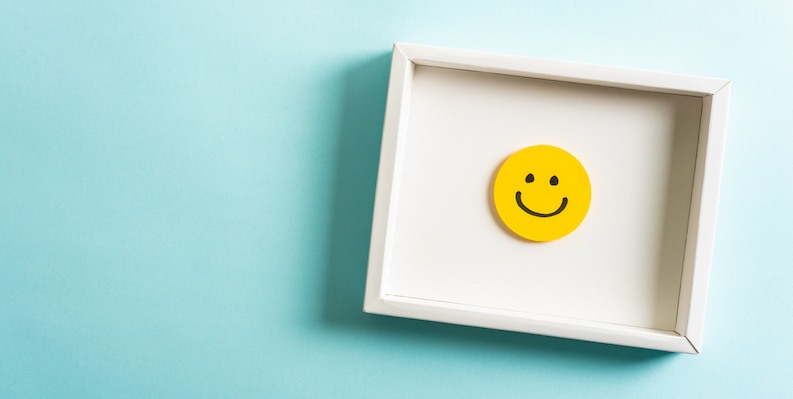In the age of information download, people are inclined more than ever to announce opinions on a whim and even shaming others for not aligning with those opinions. Food shaming has grown quite popular with such heavy diet culture in today’s society.
Picture this; you are struggling to lose weight. You’ve put on quite a bit with age and are trying really hard to shed the pounds.
You watch what you eat, meal prep and bring in healthy lunches to work everyday. You fit in time for exercise as much as you possibly can.
There’s a set of rules to eating you believe are going to get you to that goal weight but are super stressed because it’s been months and the results you expected are falling short.
You go to work and listen to the office jokes about your “rabbit food”.
At social functions (pre-covid) certain family members force more on your plate or complain when they see you steering away from specific items.
You get ridiculed on the rare occasion that you treat yourself to a not so healthy meal with questions like, “I thought you were on a diet?”
This, my friend’s, is food shaming.
Food shaming is when a person shares negative comments about someone else’s food choices, making him or her feel ashamed of their choice.
“You’re really going to eat ALL of that?”
“How can you eat so much carbs?”
“That’s disgusting.”
“Eating meat is so bad for you. You should really switch to a plant-based diet.”
The example list is pretty long but the point is that they are comments that do not serve any good.
It stems from the opinions individuals have on food and nutrition. Some feel the need (or entitlement) to impose those opinions on others.
It typically inflicts shame or guilt on the target, singling them out for not upholding specific diet choices.
Why Food Shaming Is A Problem
Food shaming doesn’t affect everyone but mainly targets anyone struggling with self-esteem, body image or mental health issues. These people battle with stress related to food choices.
Adding in criticism of what these individuals choose to eat takes a toll on their mental health and contributes more stress to their hardships.
Do You Food Shame?
Often we don’t even notice that comments we’re used to hearing and saying are actually things that should just be kept to ourselves.
“You’re a bottomless pit. You’re really going to eat ALL that for dessert?!” Obviously, or they wouldn’t have put it on their plate.
People in this world are really struggling, over things we know nothing about. What may seem like a harmless remark can really sit with a person in their head.
And this is not just about shaming other people. You can food shame yourself and chances are that you have at some point or another. Food shaming yourself is just as harmful if not more. People can be pretty hard on themselves, more so than on others.
Putting An End To Food Shaming
It is not our business to judge anyone’s food choices, sometimes not even our own. You worked hard and decided to treat yourself, why not? Who do you need to justify yourself to? The answer is NO ONE.
Mastering a healthy relationship with food will help you balance eating for fuel vs. eating for pleasure, creating an enjoyable eating experience.
Children from a young age develop their own palette of likes and dislikes. Food shaming children into eating right may come with honest intentions (like thinking they’re ‘big’ for their age and need to eat healthier) but it’s execution can have a negative impact on their self-esteem.
When it comes to children, the best way to influence them is to model what healthy food choices look like. Be genuine and consistent because they will be able to tell if the example you are setting is just for show.
When it comes to everyone else (including yourself) mind your thoughts and what comes out of your mouth. Kindness is cool people – on the topic of food and nutrition or anything else – if you have nothing nice to say, do everyone a favour and fall back.
How to Respond to Food Shamers
I believe everyone has been a victim to food shaming. Someone at some point in your life has judged the food you were about to put in your mouth. Many people (especially in this digital age) believe that their opinion needs to be heard whether it’s a good or bad one. Pay no mind to these people.
Understand that battling the impacts of food shaming starts with confidence. Being confident in yourself allows you to stand up for any of the choices you make, including your diet choices.
If someone has something to say about the super healthy salad or the double bacon cheeseburger you’re ready to enjoy, kindly remind them that it’s going into your body and not theirs.
When responding to food trolls I prefer to keep it polite and positive. The timeless advice to “kill them with kindness” is always applicable.
Politely decline and clarify to only those you wish as to why you choose the foods you do. Remember that at the end of the day you do not owe anyone an explanation.
If all else fails, ignore the comment as if you didn’t even hear it. Exit the conversation and enjoy your food!
